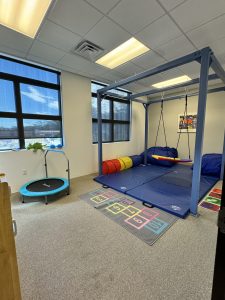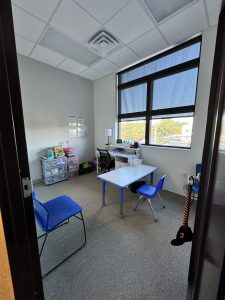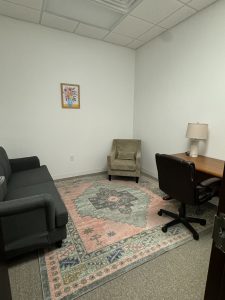What is Reflex Integration?
Reflex Integration therapy is a type of therapy designed to help children improve their motor control, balance, and cognitive functioning by integrating primitive reflexes. These reflexes are automatic movements that babies are born with, and they are essential for survival in the early stages of life. However, as children grow and their nervous system develops, these reflexes are meant to fade naturally.
When these primitive reflexes remain active after the appropriate developmental period, they can disrupt a child’s ability to perform everyday tasks. This is where Reflex Integration therapy comes in—it helps children reorganize their nervous system by reducing the impact of these retained reflexes, which can improve their motor skills, balance, and overall functioning.
How Do Primitive Reflexes Affect Kids?
Primitive reflexes are involuntary movements that we all experience as babies. Examples include the Moro reflex (startle reflex) and the rooting reflex (turning the head when something touches the cheek). As children develop, these reflexes should naturally disappear and give way to voluntary movements and coordination. However, if they do not integrate properly, they can lead to challenges in:
- Motor Control: Retained reflexes can cause difficulty with fine and gross motor skills, affecting activities like writing, tying shoes, or riding a bike.
- Balance and Coordination: Children may struggle with activities requiring balance, such as running, jumping, or swimming.
- Cognitive Functioning: These reflexes can affect focus, attention, and other cognitive functions necessary for learning and processing information.
How Reflex Integration Therapy Can Help
Reflex Integration therapy targets these retained reflexes through a series of gentle exercises and activities that encourage the brain to reorganize itself. The goal is to help the child gain better control over their movements, improve their balance, and enhance their ability to process information efficiently. This therapy is particularly helpful for children who have developmental delays, learning disabilities, or motor coordination issues.
By working with a trained therapist, children can learn to integrate these reflexes, leading to:
- Improved motor skills and coordination
- Enhanced focus and concentration
- Better balance and posture
- Increased confidence in physical and academic activities
When is Reflex Integration Therapy Needed?
This therapy can benefit any child who is having difficulty with motor control, balance, or coordination due to retained primitive reflexes. Some common signs that a child may need Reflex Integration therapy include:
- Trouble sitting still or focusing in school
- Struggling with tasks requiring fine motor skills, like handwriting or using utensils
- Difficulty with gross motor activities such as running, jumping, or climbing
- Poor posture or uncoordinated movements
How Carolina Therapy Connection Can Help
At Carolina Therapy Connection, we specialize in helping children with a range of developmental challenges, including motor coordination issues and learning difficulties. Our therapists use Reflex Integration techniques to help children reorganize their nervous system and improve their physical and cognitive skills. If you’re interested in learning more about reflex integration and how we incorporate this approach into therapy, including intensives, please feel free to reach out to us to schedule an evaluation. You can also use this link to explore more about our pediatric intensive therapy services.







